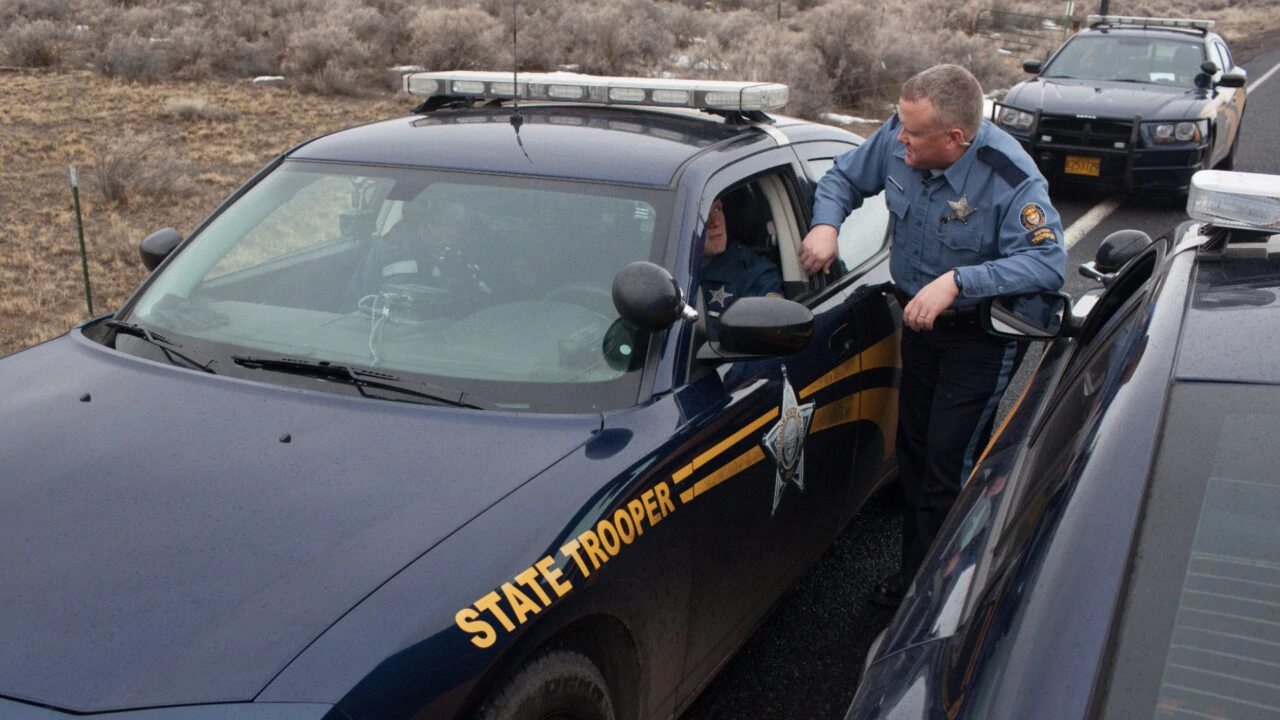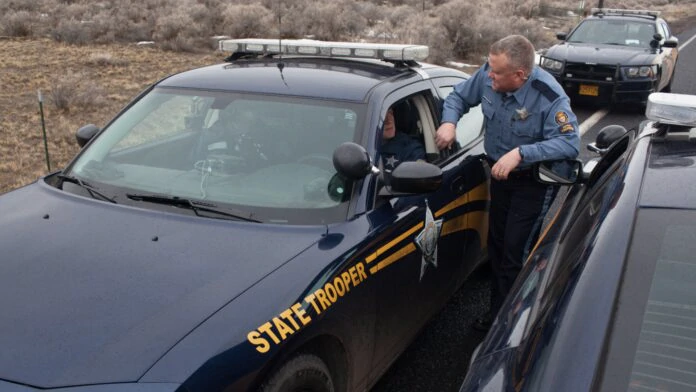[ad_1]
Eugene, Oregon, a city of about 172,000 people, has been running a 30-year-old program that replaced some of its police officers with medics and mental health workers. It has been deemed a success.
The program, called CAHOOTS, engages first responders who are specialized in mental health crises, homelessness, substance abuse, and relief for those feeling suicidal. These workers are given a chance to answer certain 911 calls, preventing any possibility of police intervention going wrong.
READ MORE: Gov. Newsom pushes for ‘reimagining’ law enforcement amid calls for defunding police
CNN reported that 25% of people killed by police show signs of mental illness. Standing for Crisis Assistance Helping Out on the Streets, the CAHOOTS method involves peaceful intervention for victims suffering from mental health problems.
The Eugene Police Department had a bad reputation for shooting and killing people with mental illnesses.
“In 30 years, there has never been a serious injury of a CAHOOTS worker, and that is not because we’ve been lucky,” Swift says. “That’s what showing up unarmed does.” https://t.co/rlhpbNFu83
— White Bird Clinic (@WhiteBirdClinic) June 25, 2020
In February, the city won a wrongful death lawsuit from a 2015 killing, according to Register Guard. Brian Babb, a 49-year-old Afghanistan veteran who was suffering from post-traumatic stress and other brain injuries stemming from his time in the military, got killed by Eugene police officer Will Stutesman.
The CAHOOTS program originated from the White Bird Clinic, a grassroots, free clinic that was founded on the idea that social justice should be accessible to all.
Although many who consider themselves police reform advocates would use CAHOOTS’ model as a guide for the rest of the country, it must be noted that Eugene is 85% White and less than 2% is Black, according to an Area Vibes report.
Some say this might not be the best model due to the city’s lack of diversity.
READ MORE: Van Jones secretly helped develop Trump police reform order
“I guess the role that I see for our agency isn’t to go in and tell other communities what they need to do and should be doing,” CAHOOTS administrative coordinator Ben Brubaker said. “Our role is to assist those communities to have a conversation with each other about what they need and what that response can look like.”
Have you subscribed to theGrio’s new podcast “Dear Culture”? Download our newest episodes now!
[ad_2]
Source link


